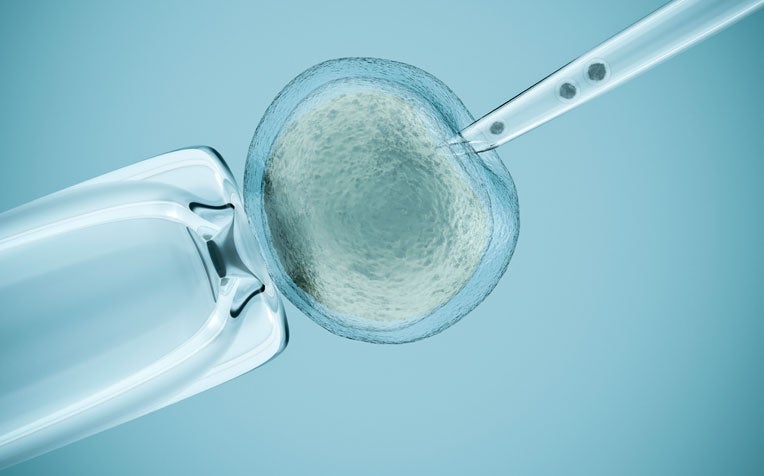
Assisted reproductive technology (ART) may be considered if medication, surgery fails.
Getting pregnant with assisted reproductive technology (ART)
Sometimes, medication to stimulate ovulation, or surgery to treat endometriosis or unblock fallopian tubes, can help solve the problem. Doctors may recommend assisted reproductive technology (ART), which may have a higher success rate, if these treatments fail.
ART includes treatments such as in vitro fertilisation (IVF), intracytoplasmic sperm injection (ICSI), and superovulation & intrauterine insemination (SOIUI). Each has its own risks and success rates.
According to Dr Steven Teo, Consultant at the KKIVF Centre, KK Women’s and Children’s Hospital (KKH), a member of the SingHealth group, KKH’s fertility treatment programme is comparable to those of most other developed countries. The average pregnancy rate for IVF or ICSI at KKH is more than 35 per cent, and 5 to 20 per cent for SOIUI.
Getting pregnant depends on the woman’s age, her past history of pregnancy and childbirth, or failed attempts at ART, and her response to treatment. The outcome is also affected by the type and severity of the couple’s disorders and the ability to correct them.
In Singapore, women under 45 who meet the clinical requirements for ART are eligible for treatment. At KKH, Singaporeans pay between $10,000 and $13,000 for a conventional IVF or ICSI cycle. Couples can use Medisave and also enjoy co-funding from the Government.
Fertility treatment: What to expect
Before opting for fertility treatment, a couple should be prepared for parenthood, have a stable relationship to withstand the stress of fertility treatment, and have realistic expectations.
“While the intention is to achieve a healthy baby, couples should know that the failure rate is high, and the physical and psychological stress experienced during therapy may be phenomenal for some,” said Dr Teo.
They must also be prepared to commit to treatment cycles which can range from four to eight weeks. They may have to return to the clinic as and when required, because in some instances, a difference of one to two days can affect the results.
Ref: R14
Contributed by
Conditions & Treatments
Public Events
Get the Health Buddy App
© 2025 SingHealth Group. All Rights Reserved.














 Get it on Google Play
Get it on Google Play